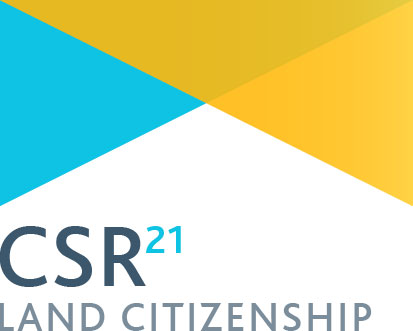
U.S. Financial Reform Bill also Targets 'Conflict Minerals' from Congo
The financial regulation bill that President Obama will sign into law on Wednesday is supposed to clean up Wall Street. But an obscure passage buried deep in the 2,300-page legislation aims to transform a very different place -- eastern Congo, labeled the "rape capital of the world."
The passage, tucked into the bill's "Miscellaneous Provisions," will require thousands of U.S. companies to disclose what steps they are taking to ensure that their products, including laptops, cellphones and medical devices, don't contain "conflict minerals" from the Democratic Republic of the Congo. The sale of such minerals has fueled a nearly 15-year war that has been marked by a horrific epidemic of sexual violence.
The issue of "conflict minerals" was barely mentioned during congressional debate on the Wall Street bill. But it has attracted growing concern from an unlikely alliance of conservatives and liberals -- from Sen. Sam Brownback ((R-Kan.) to feminist Eve Ensler, author of "The Vagina Monologues." Activists hope to ultimately see an international system for curbing the trade, such as the one that has slowed the sale of "blood diamonds" from West Africa.
"This is one of those issues that is below the radar for about 99.9 percent of Americans. . . . Everyone has their cellphone up against their ear, nobody is thinking of Congo or conflict minerals. But everybody's got some, potentially, right next to their ear," said Rep. Jim McDermott (D-Wash.), speaking recently at the Center for American Progress.
Although little noticed by the public, the provision in the regulatory bill could have a broad impact. It applies not only to electronics companies, which are major users of Congolese tantalum, but also to all publicly traded U.S. firms that use tin and gold.
"This is a law that is going to affect virtually the entire U.S. manufacturing sector," said Rick Goss, vice president of environment at the Information Technology Industry Council.





